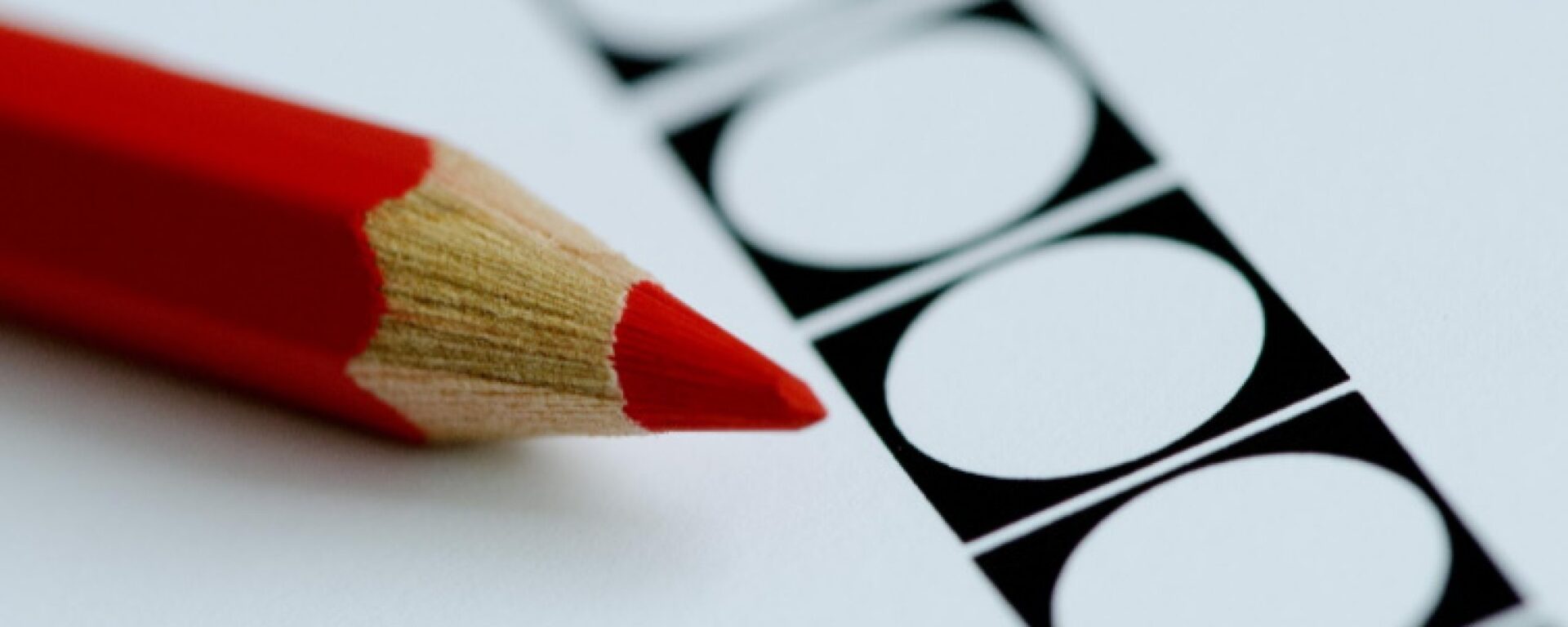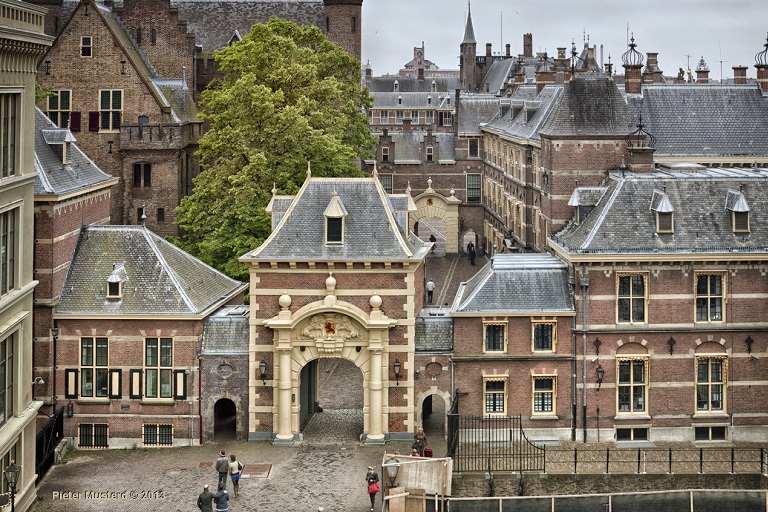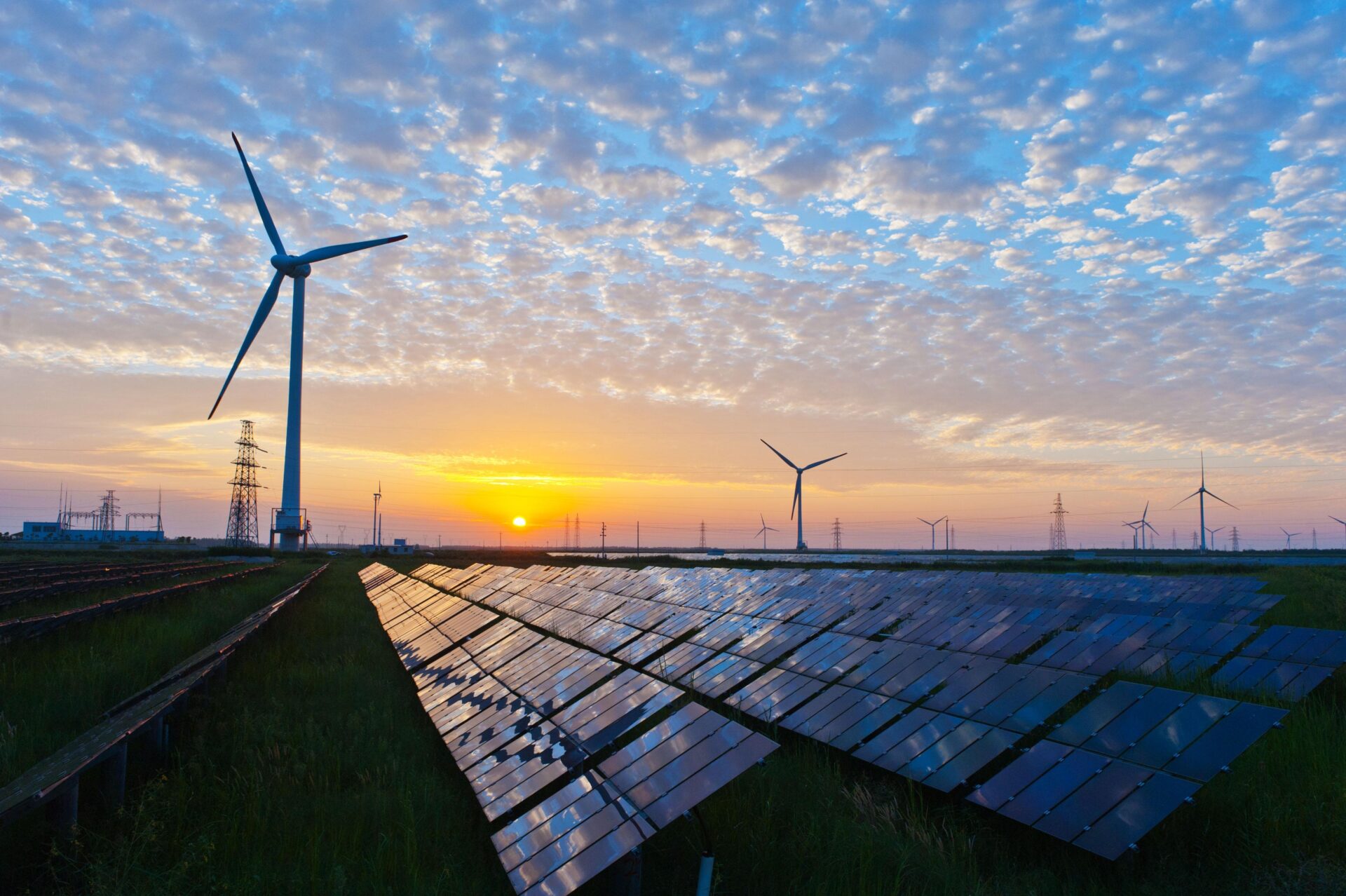In the coming months, the committee of inquiry is working on its final report. This will incorporate the findings from the source research, the working visits, the closed preliminary interviews, the requisitioned documents and the public hearings. In total, the committee requisitioned more than 600,000 documents from 47 organizations. It also conducted 124 closed preliminary interviews and the committee went on five working visits to Groningen and met with 35 victims in their homes. The commission's task now is to juxtapose the statements that emerged from the interrogations with the analysis of the requisitioned documents and draw conclusions on that basis. The committee says it will come to judgments about the actions of those responsible, but also make recommendations for the future that parliament and the government can work on. The report is expected to be presented to the House of Representatives in February 2023.The findings will be debated in the House of Representatives in the spring.
The public hearings centered around a number of periods or events that had a major influence on the further course of gas extraction in Groningen. Examples include the Huizinge earthquake in 2012, still the worst earthquake ever recorded in the Netherlands. The record extraction in 2013. The decline in production volume in the years that followed. The zero decision in 2018 and the pause button on strengthening buildings in Groningen that accompanied it. The accumulation of knowledge about the subsurface, or lack thereof in the period before 2012, was also discussed at length.
Knowledge accumulation before and after 2012
During the first weeks of public hearings, a number of scientists spoke, including geologists Hans de Waal and Hans Roest. Both warned about the risks of gas production well before the 2012 Huizinge quake. During the interrogations, they spoke of "tunnel vision." They stated that all parties involved in gas extraction in Groningen had greatly underestimated the risks of subsidence and gas production for years.Both De Waal and Roest ended up at the State Supervision of Mines (SSM) later in their careers. There they encountered an organization that had little knowledge of seismicity, as this was the KNMI. When KNMI did not initiate sufficient research after the quake at Huizinge, SSM decided to do it itself. The organization quickly came to the conclusion that the safety risk in Groningen was greater than previously thought. However, this conclusion was not 1,2,3, adopted. The other knowledge authorities in that area, including KNMI could not immediately agree with SSM's findings.
The government also felt that in 2012 it knew too little to make a decision on the level of gas production. SSM's advice to shut off the gas tap as quickly and as far as realistically possible was not immediately followed, and a year of investigations was initiated. According to then Director General of Energy Mark Dierikx, this was done mainly because there was no good insight into the effects of a production cut on security of supply.
Huizingen quake in 2012, record extraction in 2013
One of the committee's main questions was: how could it happen that extraction reached record levels the year after the massive earthquake at Huizinge? A major conspiracy against Groningen did not come to light. No one decided to open the tap even more quickly in 2013.However, no one intervened either. The high extraction in 2013 was the result of leaving unchanged the production philosophy that the gas company had been working with since its inception: maximizing the value of gas from Groningen. A combination of factors caused extraction in 2013 to be higher than budgeted. The Minister of Economic Affairs, Henk Kamp, was informed of this forecast in May 2013 after GasTerra sounded the alarm. Officials at the Ministry of Economic Affairs advised him not to intervene in the interim, but to wait for the outcome of fourteen investigations Kamp had launched. During his interrogation, Kamp indicated that he now regretted this. As it turned out, this was not the only time top officials at the Ministry of Economic Affairs had a big finger in the gas dossier. Perhaps this was not surprising, since the Director General of Energy served as a government representative on several Colleges within the gas building. However, it did emerge during the interrogations that officials did not always keep the minister well informed about this. For example, Kamp was not aware that at the end of 2012 GasTerra had already made a calculation on how much production could theoretically be reduced.
Production reduction from 2024
Starting in 2014, the government decided to abandon the then existing multi-year production cap, but to set a new production cap each year. In late 2013, SSM recommended reducing extraction to 40 billion cubic meters in 2014. However, then Finance Minister Jeroen Dijsselbloem did not find the justification for this figure sufficiently strong. He also stated that the budgetary consequences would be large. Despite the fact that Minister Kamp wanted to adopt SSM's advice, Dijsselbloem insisted on a stepped reduction: in 2014 and in 2015 to 42.5 billion cubic meters per year and in 2016 to 40. Kamp eventually agreed to this proposal. He also stated in his interrogation that in retrospect he would have liked a different decision. What followed was several years with much uncertainty about the level of the production ceiling. More than once the ceiling was changed during the gas year or the production decision was annulled by the Council of State. Until the new Minister of Economic Affairs, Erik Wiebes, decided at the start of 2018, after a severe earthquake near Zeerijp, that the gas tap would close in 2030. At the same time, this decision paused the reinforcement operation in Groningen. According to Wiebes, the fact that the reinforcement of houses subsequently never quite got back on track was not due to the pause button he had pressed, but because he allowed himself to be seduced into palling around with regional administrators. Interviews with regional administrators revealed that they did not subscribe to this qualification.
The Gas Building
The gas building faced a lot of criticism during the hearings. From government officials to representatives of the oil companies, everyone labeled the gas building as insufficiently transparent. There was also said to have been too little concern for safety. Current State Secretary for Mining Hans Vijlbrief explained that the gas building was set up to produce gas and maximize the value of this gas. That worked well for a long time, but safety played no role then and later proved difficult to accommodate. The fact that the government had a seat at the conference table did not automatically mean that the public interest was safeguarded. Should a public-private partnership be set up again, it must be more transparent than the gas building and the region must have a greater voice, according to Marian van Loon of Shell at the end of her talk. Of the close cooperation between the oil companies and the government within the gas building, little seems to remain at present. Several arbitration cases between the "olies" and the State are ongoing, for example. The changing geopolitical situation and the fact that the Groningen field will be on standby from next year are causing Vijlbrief to announce during his interrogation that he wants to restart the talks.
The parliamentary committee of inquiry consists of Peter Kwint (SP), Stieneke van der Graaf (ChristenUnie), Judith Tielen (VVD), Anne Kuik (CDA), Barbara Kathmann (PvdA), Hülya Kat (D66) and has Tom van der Lee (GroenLinks) as chairman. Want to know more about the parliamentary inquiry or need help interpreting the information from the hearings before the final report of the inquiry committee is released? Then contactparlementaire.enquete@publiekezaken.eu.


